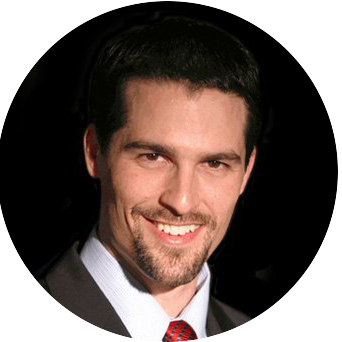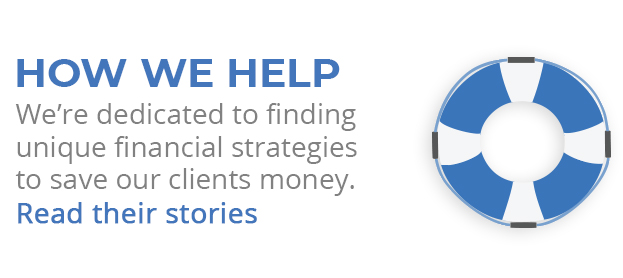
You can prepare for your retirement transition years before it occurs. In doing so, you can do your best to avoid the kind of financial surprises that tend to upset an unsuspecting new retiree.
How much monthly income will you need? Look at your monthly expenses and add them up. (Consider also the trips, adventures and pursuits you have in mind in the near term.) You may end up living on less; that may be acceptable, as your monthly expenses may decline. If your retirement income strategy was conceived a few years ago, revisit it to see if it needs adjusting. As a test, you can even try living on your projected monthly income for 2-3 months prior to retiring.
Should you try to go Roth? Many pre-retirees have amassed substantial retirement savings in tax-deferred retirement accounts such as 401(k)s, 403(b)s and traditional IRAs. Distributions from these accounts are taxed as ordinary income. This reality makes some pre-retirees weigh the pros and cons of a Roth IRA or Roth 401(k) conversion for some or all of those assets. You may want to consider the “Roth tradeoff” – being taxed on the amount of retirement savings you convert today in exchange for the ability to take tax-free withdrawals from the Roth IRA or 401(k) tomorrow. (You must be 59½ and have owned that Roth account for at least five years to take tax-free distributions.)
Should you downsize or relocate? Moving to another state may lessen your tax burden. Moving into a smaller home may reduce your monthly expenses. In a perfect world, you would retire without any mortgage debt. If you will still be paying off your home loan in retirement, realize that your monthly income might be lower as you do so. You may want to investigate a refi, but consider that the cost of a refi can offset the potential savings down the line.
How conservative should your portfolio be? Even if your retirement savings are substantial, growth investing gives your portfolio the potential to keep pace with or keep ahead of rising consumer prices. Mere gradual inflation has the capability to erode your purchasing power over time. As an example, at 3% inflation what costs $10,000 today will cost more than $24,000 in 2045.
In planning for retirement, the top priority is to build savings; within retirement, the top priority is generating consistent, sufficient income. With that in mind, portfolio assets may be adjusted or reallocated with respect to time: it may be wise to have some risk-averse investments that can provide income in the next few years as well as growth investments geared to income or savings objectives on the long-term horizon.
How will you live? There are people who wrap up their careers without much idea of what their day-to-day life will be like once they retire. Some picture an endless Saturday. Others wonder if they will lose their sense of purpose (and self) away from work. Remember that retirement is a beginning. Ask yourself what you would like to begin doing. Think about how to structure your days to do it, and how your day-to-day life could change for the better with the gift of more free time.
Many retirees find that their expenses “out of the gate” are larger than they anticipated – more travel and leisure means more money spent. Even so, no business owner or professional wants to enter retirement pinching pennies. If you want to live it up a little yet are worried about drawing down your retirement savings too fast, consider slimming transportation costs (car and gasoline expenses; maybe you could even live car-free), landscaping costs, or other monthly costs that amount to discretionary spending better suited to youth or mid-life.
How will you take care of yourself? What kind of health insurance do you have right now? If your company sponsors a group health plan, you may as well get the most out of it (in terms of doctor, dentist and optometrist visits) before you leave the office.
If you retire prior to age 65, Medicare will not be there for you. Check and see if your group health plan will extend certain benefits to you when you retire; it may or may not. If you can stay enrolled in it, great; if not, you may have to find new coverage at presumably higher premiums.
Even if you retire at 65 or later, Medicare is no panacea. Your out-of-pocket health care expenses could still be substantial with Medicare in place. Long term care is another consideration – if you think you (or your spouse) will need it, should it be funded through existing assets or some form of LTC insurance?
Give your retirement strategy a second look as the transition approaches. Review it in the company of the financial professional who helped you create and refine it. An adjustment or two before retirement may be necessary due to life or financial events.

About the Retirement Financial Advisor
Robert Pagliarini, PhD, CFP®, EA is passionate about helping retirees build the retirement of their dreams. He has over 26 years of experience as a retirement financial advisor and holds a Ph.D. in retirement planning. In addition, he is a CFP® Ambassador, one of only 50 in the country, and a real fiduciary. His focus is on how to help make retirement portfolios last decades while providing a steady source of income. When he's not helping people plan their retirement, he can be found writing his forthcoming book, The Retirement Myth: Escape Average Retirement & Create a High Performance Retirement. If you would like a second opinion to see if your retirement financial plan will keep you comfortable and secure, contact Robert today.










